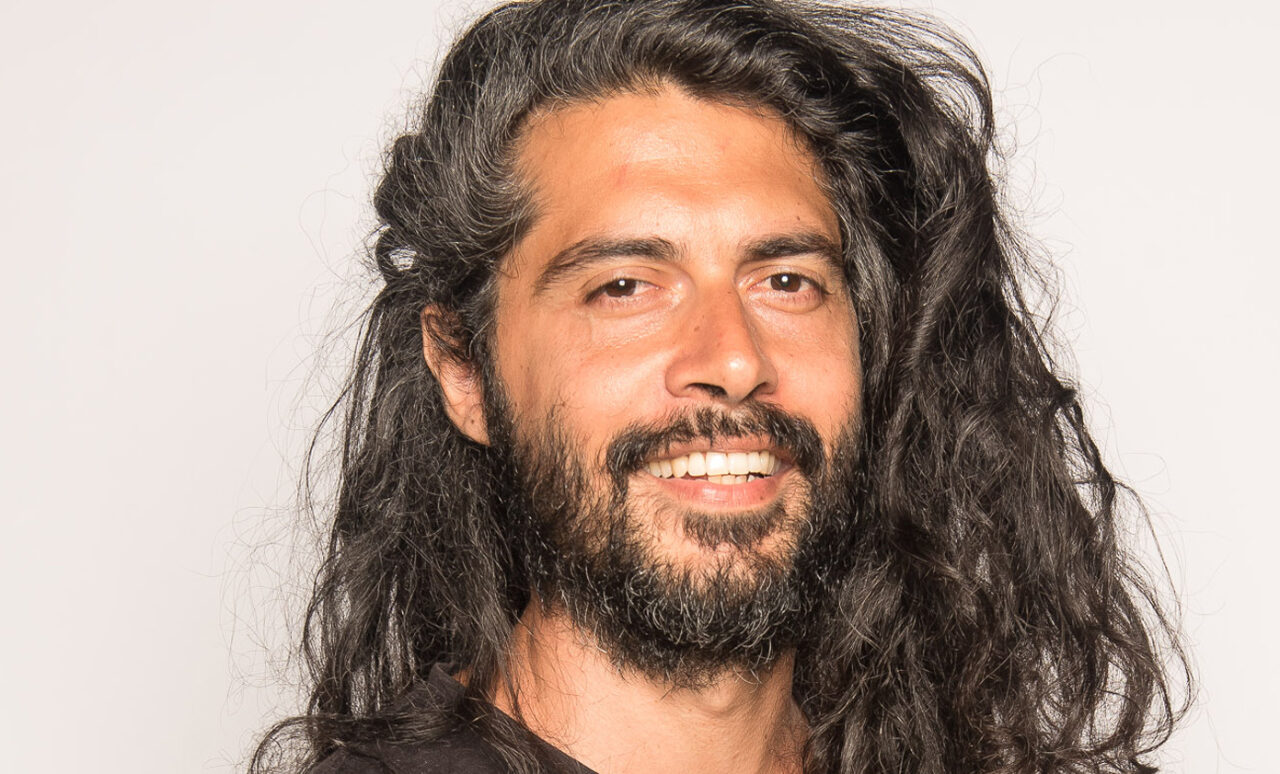“Our film is full of love and energy”: Marcelo Botta on Betânia at Berlinale 2024

Marcelo Botta’s first feature film is an inspiring (both narratively and visually) journey into the intimate world of a tiny Brazilian village. Not only it is a portrayal of a strong woman, who finds herself in a difficult environment, but also a fictional story subtly rooted in political matters, like the environmental discourse. The Upcoming sat down with the director during Berlinale 2024 to learn more about his debut and approach towards mixing the political with the fictional.
What was it like to work on your feature debut?
It’s a film that was living inside me. After the documentary we shot in 2018 in the Lençóis Maranhenses National Park, I realised that I could make a feature inspired by it. We didn’t have any funding, so we took a huge risk with our project. Our film has a lot of love and energy because in this particular situation, we just all felt that we had to shoot this film, and we didn’t even ponder on that or hesitate.
Your film tells the story of the eponymous, 65-year-old Betânia, who, due to personal tragedy, returns to the village where she was once born. Who is she and what role does she play in your movie?
Betânia is based on a character from the aforementioned documentary, who is a very inspiring woman and a community leader, and who fights to bring electricity to her village. I haven’t met anyone like her. When I arrived at the place where we shot Betânia, I met various other women who had really identical stories and I could tell that their experiences did not really differ. When we did the casting, our main actress, Diana Mattos, also had a very similar background. Her mother was raised in a similar house that we depict in the film, so she also felt a personal attachment to Betânia’s story. My experience with my mother and grandmothers also influenced my writing and, with having all of this in mind, I created our eponymous heroine, a personification of a powerful, Brazilian woman.
She desires to maintain this rural way of everyday life and wants to preserve this connection towards her land and her ancestors. Why did you find her attitude inspiring?
I have an immediate attraction to the stories of people who live in isolated places. South America has various locations like that, so I’m aware of all those microcosms and about the issues and contemporary situations with which they are nowadays struggling. I’ve done my research, but I wasn’t looking only for the sadness and poor aspects that surrounded those areas; I searched for its richness, cultural heritage, music (which is important to me), musicality and other uplifting elements.
How did you work on the chemistry between the actors? How did you approach it? Did you discuss it?
We had a mix of professional and non-professional actors and it enabled us to not only use script but also some sense of spontaneity. I have a lot of respect for those people’s culture and I have tried to always have my ears open for any suggestions, like changing words in the dialogues or their characters’ actions. We joined the cast two weeks before starting the shooting, so they confided and created the dynamics of one family. The actors became their characters: for instance, when someone was cooking a meal, they were doing it only in character. The entire process appeared to be a real bonding experience and allowed us to build all those chemistries. In the end, they became one family and I also was a part of this collective experience.
There is a clash between modernity and the traditional approach to life. You portray two various approaches, but you still stay impartial. Was it a deliberate choice? You didn’t want to interfere and by this, you made your picture more naturalistic?
Betânia is heavily rooted in the place’s own life, so instead of judging, I wanted to observe, comprehend and let the audience feel this story. I didn’t consider myself a film director, maybe more like an observant, who participated in all those activities, like swimming, drinking, talking and just enjoying myself. Living with those people allowed me to become their friend: then, with the gained knowledge, I was able to refine my script and make it more actual, closer to the real image of the village’s slow life.
Also through the plot, you weave a theme of ecological issues, and you address them directly through the fictional story. Why do you find it relevant, as a filmmaker, to discuss those topics in your films?
As a filmmaker, I consider ecological matters as crucial and necessary in my films. We are all living on the same planet, affected by the same climate changes, conflicts and other crises. Therefore, I am more than certain that all questions that refer to our existence are the same for us. No matter if you’re from the UK or Brazil, the problem of pollution and garbage dumps is practically everywhere. And, as a human being, you just cannot ignore it. I don’t want to show the solutions for all those problems: my job is to make people think about all of it.
Jan Tracz
Image: Cleiby Trevisan/Salvatore Filmes
Betânia does not have a UK release date yet.
Read more reviews from our Berlin Film Festival 2024 coverage here.
For further information about the event visit the Berlin Film Festival website here.

























Facebook
Twitter
Instagram
YouTube
RSS